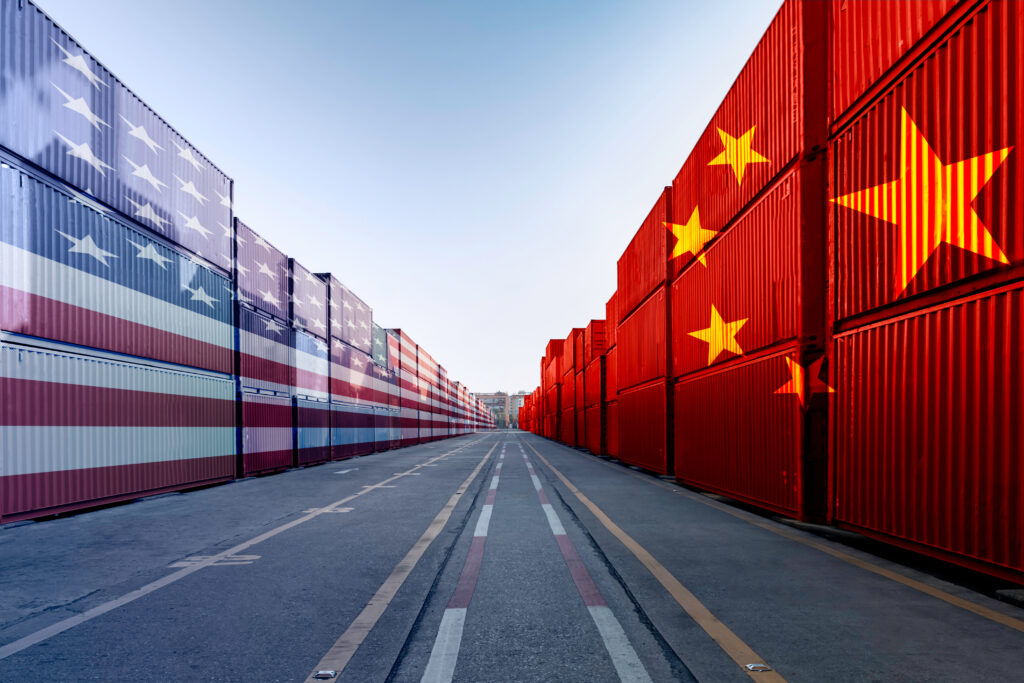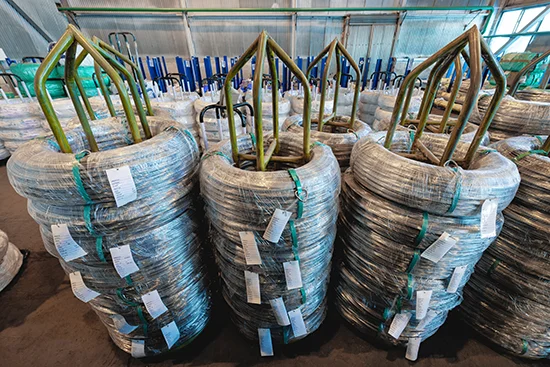Supply Chain Uncertainty: Navigating New Tariffs, Production Struggles, & More in 2025
Supply chain uncertainty is a real challenge for many manufacturers, now so more than ever. Learn more about how Fayette can help overcome this uncertainty.

Supply chain uncertainty is a real challenge for many manufacturers, now so more than ever. Learn more about how Fayette can help overcome this uncertainty.

If you use steel, the current challenges happening within the industry this year might make you feel a bit anxious. Will prices rise? Will there be problems obtaining the types of steel needed? Will you be forced to re-engineer products to use different steel grades? There’s a lot to be concerned about.
In this blog, we’ll explore more of these challenges and how our team at Fayette Custom Wire Products can help you during this time of uncertainty.
Steel tariffs are in the news, but there’s more going on. Some nations view steel production as strategically important and help their domestic producers achieve market shares and economies of scale that might not otherwise be possible. Meanwhile, countries relying on steel imports are increasingly aware of how geopolitics and supply chain disruptions could jeopardize the production of everything from food to energy and transportation products.

According to World Steel Association (WSA) statistics, China and India currently dominate the market. The U.S. produced just under 80 million tons of steel in 2024, which is less than 5% of the global total. This is concerning for two primary reasons: 1) U.S. consumption (90 million tons) is larger than the output, and 2) U.S. output has been in a gradual decline since rebounding from the 2020 pandemic dip.
It’s against this background that tariffs on steel imports were imposed in 2018 and are being reinforced today.
Tariffs of 25% and 10% were imposed on imports of steel and aluminum in 2018 to protect domestic producers from subsidized overseas competition. These were subsequently amended by both the Trump and Biden administrations to:
On February 10, 2025, President Trump issued a presidential proclamation removing all previous exemptions and applying a 25% tariff on steel and aluminum imports, which would go into effect on March 12. This is expected to support domestic producers, but there may be some disruption to supplies and pricing uncertainty in the immediate future.

After struggling against foreign competition for many years, production of U.S. steel and aluminum is far lower now than in the past. Using aluminum as an example, the U.S. produced 3.7 million tons of aluminum in 2000. In 2024, that figure was only 6,700 metric tons.
Currently, the U.S. imports 23% of its steel. While much of it comes from Canada, Brazil, and Mexico, China is also a significant source. Given the current trade tensions between the U.S. and China, and increased tariffs on Chinese goods, many business leaders are wondering what types of supply chain disruptions they should plan for.

In fact, one impact of the ongoing tension between the U.S. and China is USPS’s temporary suspension of all inbound packages from China and Hong Kong. This suspension was put in place after the U.S. imposed a 10% tariff on all Chinese goods and ended a customs duty exemption. While USPS has since reversed this policy, the tension between the U.S. and China remains.
The tariff changes will undoubtedly change the steel supply chain as producers analyze the portfolio profitability and adjust strategies accordingly. But, the geopolitical shifts between the U.S., China, and other countries, as well as the ever-present impacts of weather, energy cost fluctuations, and other hard-to-anticipate events are also reasons for the current high levels of uncertainty within the supply chain.

Working with a domestic supplier is one of the best ways to overcome supply chain uncertainty. As a U.S.-based supplier, Fayette Custom Wire Products can promise faster shipping times, higher quality, better communication, and better inventory control on steel wire products than overseas suppliers.
We know you operate in environments where flexibility is a critical success factor, and that disruptions to your supply chains can be a significant setback. We can help you overcome potential supply chain disruptions and ensure better flexibility through our customizable Just-In-Time (JIT) Delivery Services.
Our program ensures you get the steel wire products you need when you need them, allowing you to:
The challenges the steel industry is facing have the potential to disrupt your production plans and frustrate your customers. Our JIT delivery program helps reduce these risks. Contact us today to get started on your program.
©2026 Fayette Custom Wire Products, LLC